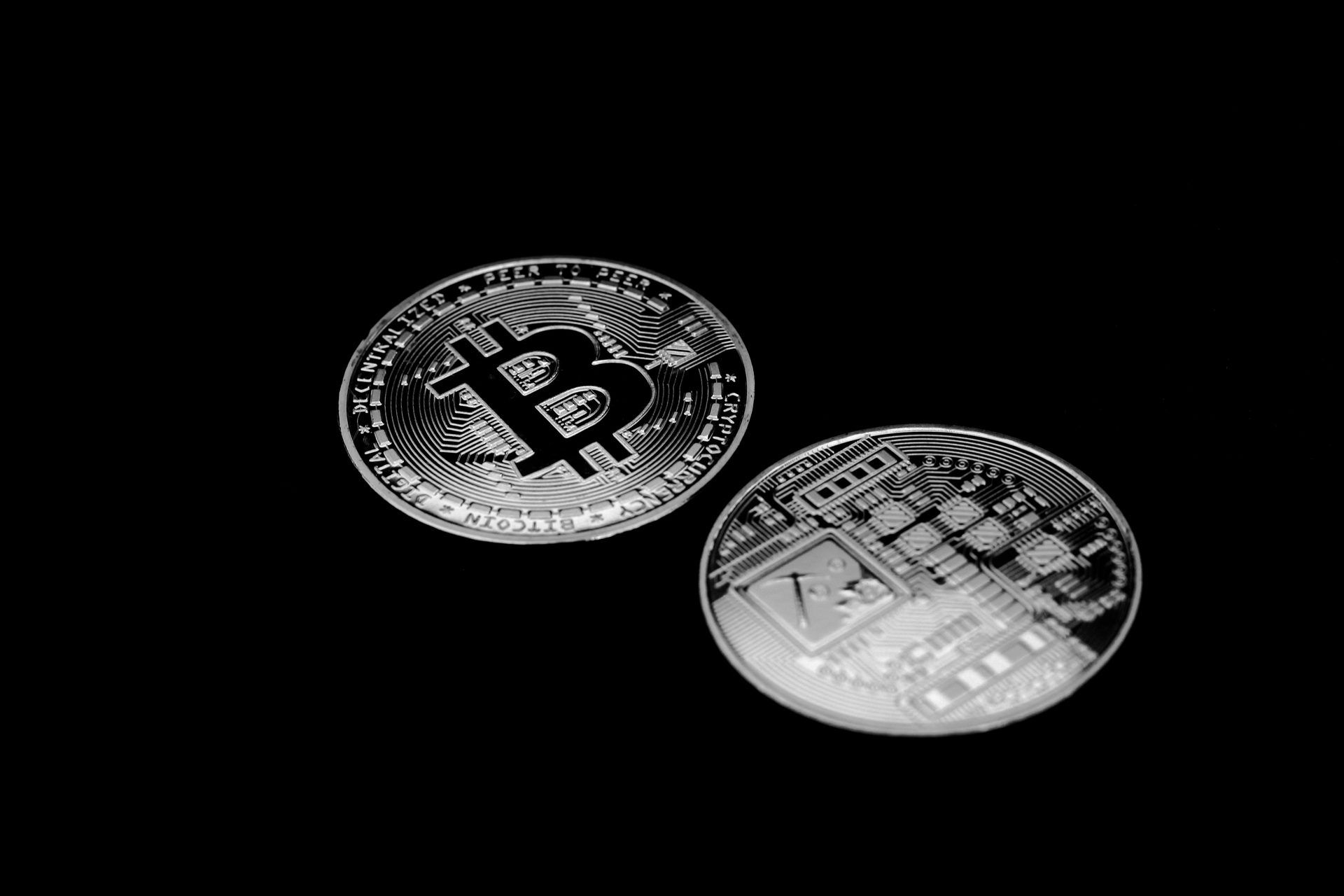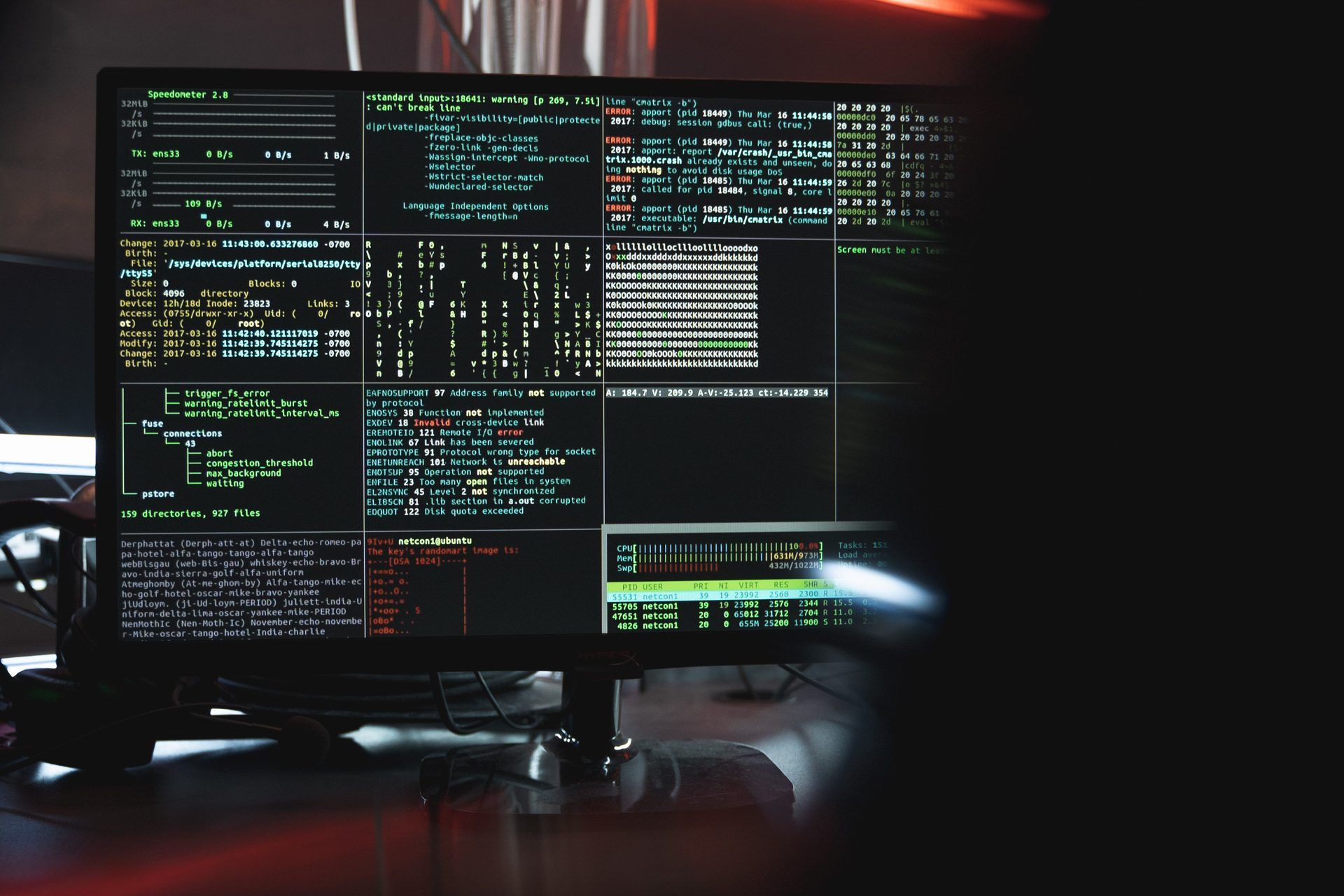Today, everyone is concerned about cybersecurity, and they should be. Cyber-attacks are on the rise, yet whenever a new IT development appears related to blockchain, people inquire: How safe is blockchain technology? It is an effective tool for ensuring data integrity. But that doesn’t imply it’s completely secure. Before we get started, here is a list of the best blockchain books in 2022 for better understanding. You may have heard about the blockchain talent gap and started to ask what is a blockchain developer. But unfortunately, you find some blockchain implementation challenges and security issues. Don’t worry; we have all the answers. So let’s take a closer look at the issues that threaten blockchain security.
Blockchain security issues and challenges in 2022
The blockchain has grown in popularity over several years as the cryptocurrency markets have moved toward center stage. One reason for its rapid adoption is that blockchain was created to provide unrivaled security to digital data. Rather than cryptocurrencies, there are several blockchain use cases, such as blockchain gaming.

Blockchain—also known as distributed ledger technology—and the cryptocurrencies it powers have experienced plenty of success and failure in their brief existence. And as its applications expand, blockchain security has become essential—not just for cryptocurrency investors.
Blockchain is a decentralized, distributed ledger that maintains a record of all transactions. To guarantee transaction trust it relies on consensus, decentralization, and cryptography. However, many blockchain security problems have already emerged due to bad technology applications.
In theory, because blockchain is decentralized by design, it is an ideal technology for cybersecurity. The ledger technology has a wide range of applications in areas such as medical and financial data sharing, anti-money laundering monitoring, and encrypted messaging platforms. But in practice,
- The blockchain has already been hacked.
- You can make mistakes when using the blockchain and open yourself up to insecurity.
- Like any other software, Blockchain apps are susceptible to the same flaws as other programs: coding errors and vulnerabilities that allow hackers to gain a foothold.
- The security of blockchain applications, technologies, and services is dependent on their inherent weaknesses.
- We have yet to witness a blockchain-based large-scale application, which might destroy it.
- The blockchain is only as secure as the computing power that runs it. As more powerful computers and sophisticated algorithms begin to dominate the market, hackers will increasingly have an advantage.
- Hackers will always compromise the security of the blockchain in some way.
However, if you do your research correctly, you can always be ready for problems. What are these issues, though?
Phishing attacks
A phishing attempt is when a fraudster tries to access a user’s credentials. Fraudsters send email messages that appear to be from a legitimate source and ask users for their wallet keys. Users are requested to provide their credentials using fraudulent links in the emails. Having access to a user’s sensitive information and credentials may result in losses for both the user and the blockchain network.
Routing attacks
Digital assets and transactions are recorded on blockchain ledgers in real-time. Hackers can tamper with data as it travels from the user to internet service providers. Blockchain participants are typically unaware of the danger since they can’t see it, so everything appears normal. On the other hand, fraudsters have access to sensitive information or money.

Sybil attacks
Hackers may use a Sybil attack to create and utilize many fraudulent network identities to clog the network and bring it down. The term “Sybil” refers to a memorable figure from a famous book that was afflicted with a multiple personality disorder.
51% attacks
Mining necessitates significant computing power, especially for large-scale public blockchains. However, if a miner or a group of miners gathered enough resources, they could seize more than 50% of the network’s mining power. Having more than 50% of the power implies having control over the ledger and the ability to modify it.
51% attacks are not possible on private blockchains. If you don’t know what private blockchain is, we have already explained 4 types of blockchain, including it.
So, how can we prepare against these blockchain security flaws?
Blockchain security best practices
Consider the following essential questions while developing a blockchain solution:
- What is the governance structure for participating organizations or members?
- What information will be included in each block?
- What are the relevant regulatory standards, and how can they be met?
- How are individuals’ details handled? Are block payloads encrypted? How are keys generated and revoked, and how are they secured?
- What is the plan for surviving in the event of a breach?
- What is the bare minimum security posture for blockchain participants?
- What’s the logic behind resolving blockchain block conflicts?
When creating a private blockchain, make sure it’s built on a secure and stable foundation. Poor technological choices for business requirements and procedures can expose data security vulnerabilities.
Consider both business and governance risks. Financial issues, reputation concerns, and regulatory issues are examples of business risks. Blockchain solutions’ decentralized nature raises governance risks, which need tight control over decision criteria, rules, identity, and access management.
Blockchain security is all about managing blockchain network threats. A blockchain security model comprises the plan to use security measures for these controls. To ensure that your blockchain solutions are adequately protected, develop a blockchain security model.
Administrators must build a risk model to address all types of risks to the blockchain solution. Administrators must then assess the dangers to the blockchain solution and develop a threat model. After that, they must outline security measures to reduce threats and risks based on the following three categories:
- Ensure that unique security controls are in place for blockchain.
- Use traditional security methods
- Implement corporate policies on blockchain
You can check the cybersecurity best practices article for a better understanding. Besides them, you may always learn something new.
3 best blockchain security certification courses in 2022
Blockchain certification is a process that gives individuals the required set of abilities to be competitive blockchain experts. Second, it allows you to work in the blockchain sector with confidence, competence, and authority. You could apply for blockchain security positions or get ready for blockchain security vulnerabilities.

Certified Blockchain Security Expert (CBSE)
Certified Blockchain Security Expert (CBSE) teaches you how to think about blockchain security from both a theoretical and practical standpoint. You will have a greater understanding of blockchain security threats, be better able to carry out a vulnerability assessment and blockchain threat modeling, as well as learn how to construct secure blockchain systems after this course.
Cost: $399
Certified Blockchain Expert (Blockchain Council)
The Blockchain Council Certified Blockchain Expert certification is a self-paced, 8-hour course that teaches students about blockchain technologies, mining, and security procedures. Students are educated on real-world applications for blockchain technologies in various verticals such as finance, healthcare, insurance, government, and telecoms.
Cost: $149
Certified Blockchain Security Professional (CBSP)
The CBSP exam is a sought-after credential for demonstrating your knowledge of Blockchain security. You’ll be quizzed on Blockchain network risk identification and prevention and the use of best practices and risk reduction techniques. A prep course and a study guide are included in the full package.
Cost: $545
After all this certification and training, it wouldn’t be surprising if you look at blockchain security jobs. But do they make enough money to be worth all the effort?
How much is a blockchain security salary?
The average yearly salary for a blockchain security specialist in the United States is $157,500, or $80.77 per hour. Salaries can differ significantly depending on the economic climate in each nation, as we saw in cloud computing jobs. For job advertisements, you may go to the websites of top blockchain security firms.

Best blockchain security companies in 2022
Cyber Security’s adoption of Blockchain has provided the means to provide agile solutions for data security and protection. Hacker intrusions compromise systems and devices. Businesses are using blockchain as a defensive measure against cyber assault threats. The following advantages are advanced confidentiality and integrity, secure messaging, authentication fortification, strengthened public key infrastructure, and more. So, these are some of the best blockchain security companies:





